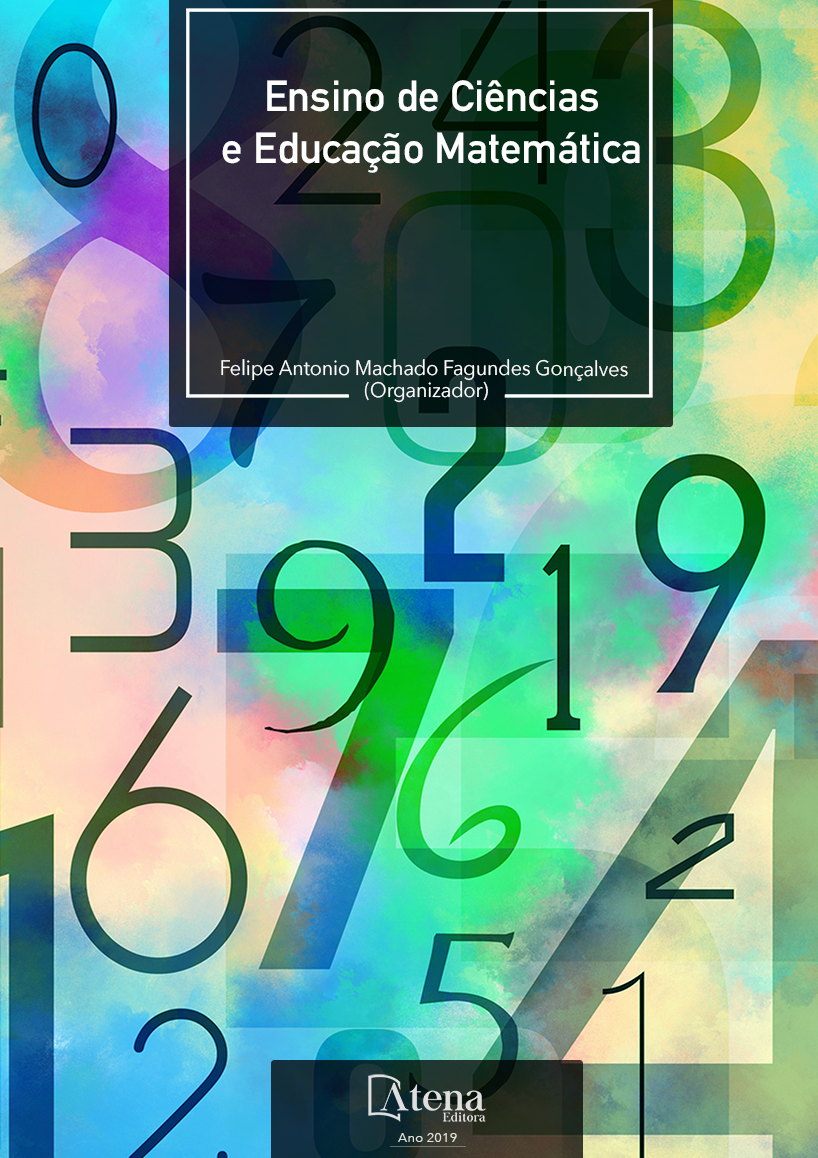
ATIVIDADES INVESTIGATIVAS NA EDUCAÇÃO BÁSICA: UMA ANÁLISE DOS PROJETOS FINALISTAS DA FEBRACE 2016
Uma ação de ensino de ciências
relevante na Educação Básica das redes
pública e privada consiste na proposição de
feiras de ciências. Este espaço se destina a
apresentação de trabalhos de pesquisa de
seus alunos. Dessa forma, a feira pertence ao
estudante o qual pode desenvolver um trabalho
de pesquisa e apresentar seus estudos a seus
pares e a comunidade escolar. Neste trabalho
analisamos um questionário respondido por
333 estudantes finalistas da Feira Brasileira de
Ciência e Engenharia (FEBRACE) no ano de
2016. Nosso objetivo era caracterizar o processo
de Iniciação Científica na Educação Básica
e se esta atividade tem assumido um papel
relevante nas instituições de ensino, em nosso
país. Os dados da pesquisa que fazem parte
de uma dissertação de mestrado revelaram
que o conhecimento adquire sentido e os
jovens ficam mais engajados em suas tarefas escolares quando estes são protagonistas das
investigações e não apenas agentes passivos.
A maioria dos jovens participantes da pesquisa
se mostrou motivada e engajada e revelou uma
significativa modificação na sua relação com
a construção do próprio conhecimento. Esta
mudança de posição do estudante favorece
seu envolvimento em ações de investigação, e
este começa a se perceber criativo, curioso e
capacitado para gerar conhecimento
ATIVIDADES INVESTIGATIVAS NA EDUCAÇÃO BÁSICA: UMA ANÁLISE DOS PROJETOS FINALISTAS DA FEBRACE 2016
-
DOI: 10.22533/at.ed.7661925013
-
Palavras-chave: Feiras de Ciências; FEBRACE; Iniciação Científica na Educação Básica; Ensino de Ciências
-
Keywords: Fairs of Sciences; FEBRACE; Scientific Initiation in Basic Education; Science Teaching.
-
Abstract:
An action of science education
relevant in the Basic Education of the public and
private networks consists in the proposition of
science fairs. This space is intended to present
research papers of their students. In this way,
the fair belongs to the student who can develop
a research work and present their studies to
their peers and the school community. In this
work, we analyzed a questionnaire answered
by 333 finalist students of the Brazilian Science
and Engineering Fair (FEBRACE) in the year
2016. Our objective was to characterize the
process of Scientific Initiation in Basic Education
and if this activity has assumed a relevant role
in educational institutions, in our country. The
research data that are part of a Master’s thesis
revealed that knowledge acquires meaning and the young people are more engaged in their school tasks when they are protagonists of
the investigations and not only passive agents. Most of the young people participating
in the research were motivated and engaged and revealed a significant change in
their relationship with the construction of their own thought. This change of position of
the student favors his involvement in research actions, and this do that he begins to
perceive himself creative, curious and able to generate knowledge.
-
Número de páginas: 15
- María Elena Infante-Malachias


